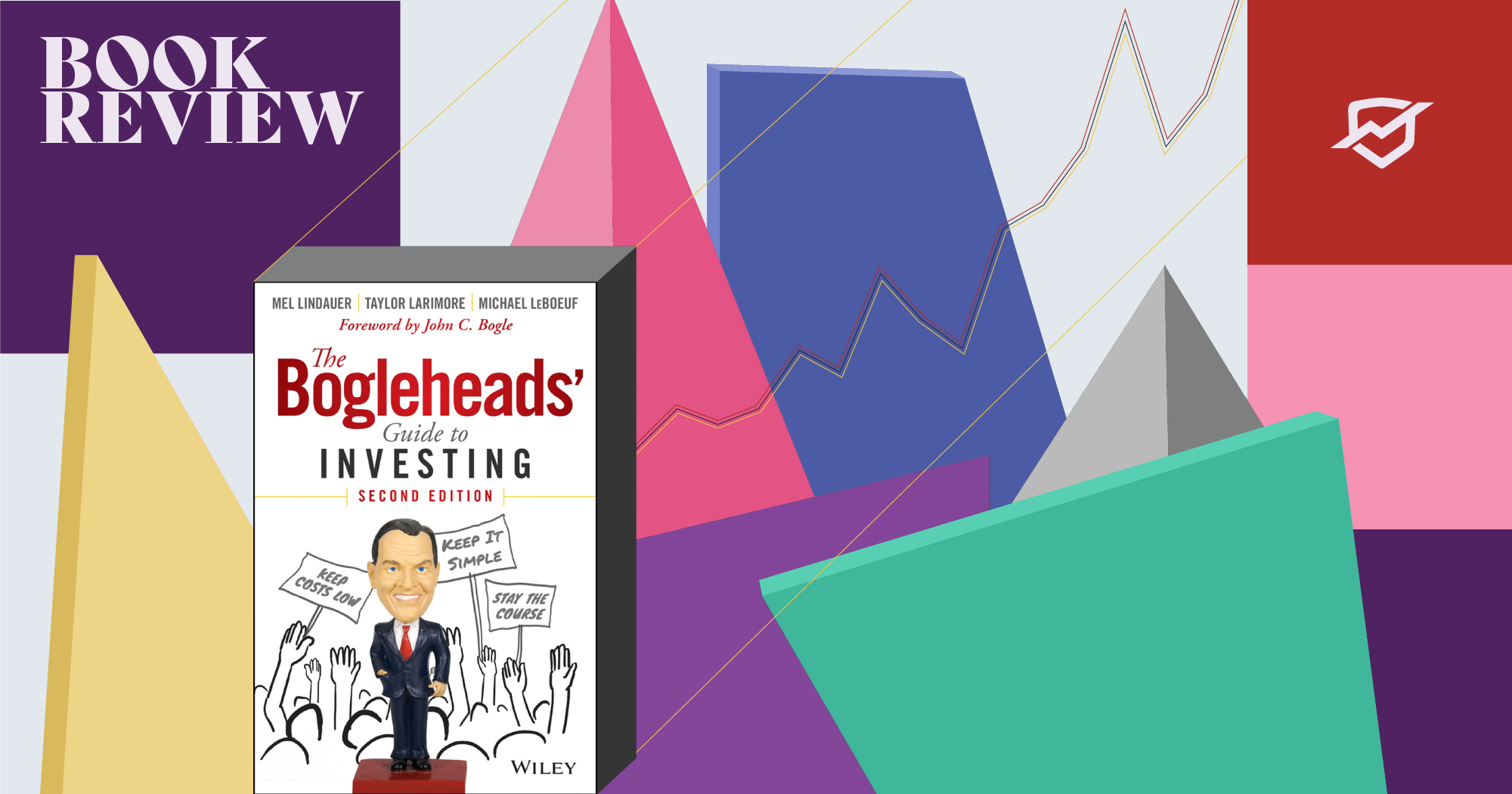Emma Edwards from The Broke Generation is a Certified Financial Behaviour Specialist. She combines her psychology expertise with practical advice to inspire an understanding of spending behaviour and the adoption of healthy, fulfilling money habits. As a blogger, podcaster, and content creator, Emma shares actionable tips and tricks for managing finances effectively.
In her debut book Good With Money, Emma starts by addressing the external factors that influence our spending habits— social media, “Pay Later” schemes, advertising, and other marketing influences. She then turns inwards, focusing on the internal factors that influence our spending. This includes recognising the role our family and childhood spending habits have on our money management today. Her point is that your mindset and motivations about money matter as much as your approach to managing the dollars and cents.
To help readers navigate their financial journeys, Emma introduces her ‘Good with Money’ methodology that employs a top-down money management approach. This encourages readers to start with clear goals, drilling down into specific actions and steps that will support them to make informed and prioritised spending decisions. She loves a good acronym, introducing psychological concepts like PERMA (Positive emotions, Engagement, Relationships, Meaning, and Achievement) to link financial management to long-term wellbeing and happiness.
What sets Good With Money apart?
This book engages with the reader. By focusing on mindset, Emma gives readers a sense of control over their financial destiny, whatever their circumstances. Her use of tasks and reflective exercises ensures the reader adapts and applies her approaches and tactics to their own situation, beginning the process of building healthy money practices.
A few of my favourite takeaways
Like any good self-help guide, Emma leaves you with three solid takeaways to help you on your journey to becoming good with money.
1. Focus spending on things you actually want
Find out what you actually need and want to spend your money on. Being good with money doesn’t mean taking the joy out of spending money. She makes the reader look at our regular expenses to determine if these purchases are the ones that are really making us happy.
“You don’t need to stop buying things you want; you need to stop buying things you don’t want.”
2. Treat money like a relationship
Think about your money like a relationship. Nurture your money like you would a trusted relationship. Put effort into the things that you care about.
“Relationships are something your brain can actually understand. You can’t control what the other person does, but you can control how you contribute to the relationship”
3. Expect the unexpected
When building a budget and categorising your expenses, allow for the unexpected. Create a ‘getting out of a shitty situation’ fund that will help you to make decisions that align with your priorities. Planning for the unexpected can stop you getting stuck in a job you don’t enjoy or a relationship that’s not making you happy. Set aside an emergency fund to manage accidents, car repairs, and broken phones without diverting your other financial goals.
“While you can’t plan for every scenario, giving some thought to your options if you do experience financial difficulty can help you withstand unexpected challenges.”
Personal Anecdote
On a personal level, through Good with Money, I have discovered that I am what Emma calls a ‘Tight-hold Tina’. When asked to reflect on how I would spend $50,$100 and $1000 in a way that reflects my money values I couldn’t think of anything fun I would want to spend my money on. The book helped me realise that it is ok to spend sometimes, I just need to find the things that I really value.
Would I recommend Good With Money?
Overall, this book was a great and simple read. It offered comprehensive advice on how to manage your spending. I would recommend this book to someone who is struggling with saving. It is aimed towards younger people who are just starting out, getting a solid income for the first time with little idea about how to manage the money coming through their bank account. While the repetition might not be necessary for someone who already has the fundamentals locked in, it’s great for someone who needs to “rehearse, rehearse, rehearse” to create good money habits.
Book cover used in banner image from Allen & Unwin

Eliza is PocketSmith’s new marketing intern and is currently studying a Bachelor of Commerce in Marketing and Management. Eliza is an active saver to achieve her goal of having no student loan at the end of her degree. Eliza’s interest involves going on long walks with her friends and family, and she is passionate about photography.







